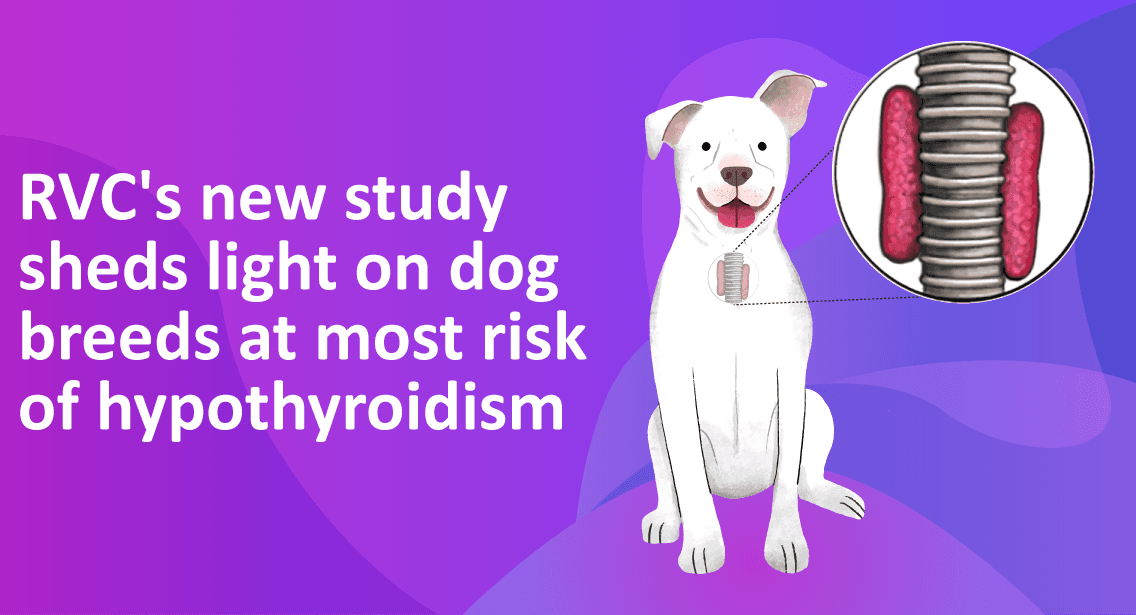RVC's New Study Sheds Light on Dog Breeds at Most Risk of Hypothyroidism
The Royal Veterinary College (RVC) conducted new research that highlights the risk factors associated with canine hypothyroidism, focusing on early detection and better treatment to ensure future health.
As per the study published in Canine Medicine and Genetics, hypothyroidism is common in dog breeds including Standard Doberman Pinschers, Tibetan Terriers, and Boxers, while French Bulldogs, Pugs, and Yorkshire Terriers are least likely to encounter the disease.
The findings from this new study have revealed that hypothyroidism, a disease caused by the deficiency of thyroid hormones, can affect the quality of a dog's life. The condition's symptoms may include weight gain, hair loss, lethargy, and less tolerance to cold weather.
This new study will help generate awareness and protection from hypothyroidism by providing assistance in early detection and treatment.
High Risk Breeds
Researchers at RVC found out that dogs in the UK were diagnosed with hypothyroidism with an annual frequency of 400 dogs out of a total of 905, 553 dogs in the UK. The breeds that were most affected by the disease include Tibetan Terriers, Standard Doberman Pinschers, and Boxers with an average age at diagnosis of 7.65 years.
The other key findings of the study are as follows:
The risk of hypothyroidism is directly proportional to the age of the dogs.
The risk of hypothyroidism also increases with the increase in body weight in adult dogs.
Neutered female dogs are more likely to be diagnosed with hypothyroidism as compared to neutered male dogs.
Dr Dan O’Neill, Associate Professor in Companion Animal Epidemiology at the RVC and lead author of the paper, said:
"As increasing evidence accumulates on the health risks and benefits for individual dogs from being born into specific breeds, this latest VetCompass paper offers insights into close links between breed and hypothyroidism in dogs. Owners of key predisposed breeds can now be alert for early signs of ill-health typical of hypothyroidism. The results can also help good breeders to select away from affected dogs to improve health in future generations."







